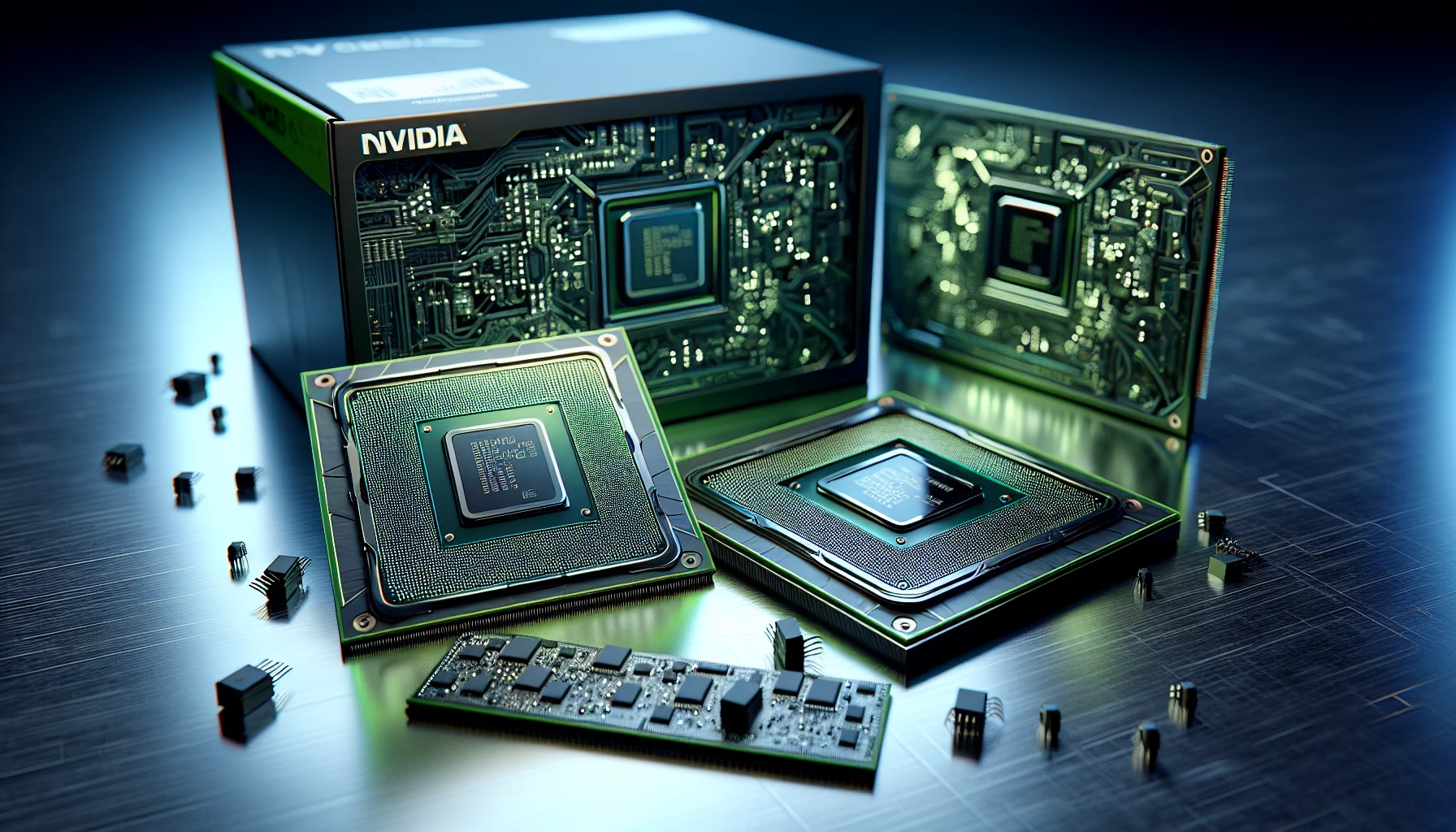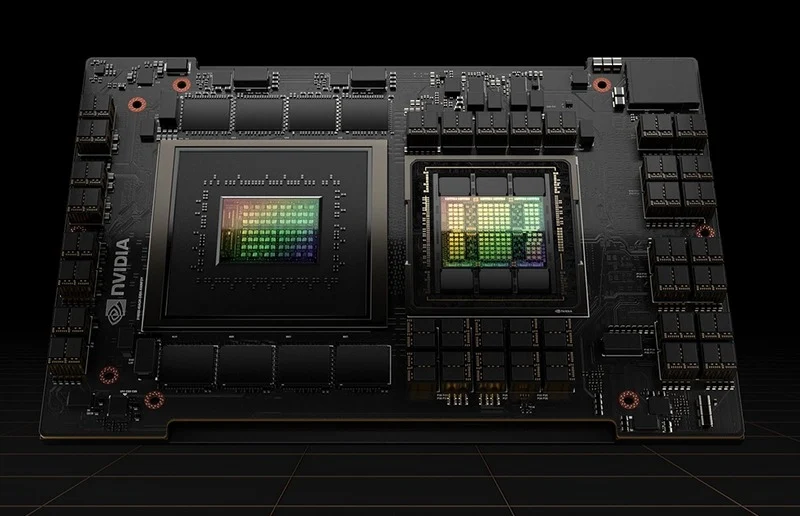Key Takeaways
1. Nvidia is facing increased competition from Huawei, which is launching new AI chips, including the Ascend 910D and 910C.
2. Regulatory challenges from the Biden administration restrict Nvidia’s ability to sell high-tier AI chips, particularly in China, impacting its market position.
3. The company’s financials are affected by a $5.5 billion charge due to restrictions on selling its H20 chip in China.
4. Skepticism exists regarding Huawei’s claims about the performance of its chips compared to Nvidia’s, but the competition still poses a significant threat.
5. Nvidia is investing $500 billion in AI in the U.S. but may not see expected returns due to regulatory hurdles and market limitations.
Nvidia Corporation has been facing challenges since the beginning of 2025, as it tries to maintain its position as a leader in AI amidst growing competition from both domestic and foreign companies in the inference and training markets. At the same time, it also has to navigate a complicated regulatory environment due to decisions made by the current US administration.
Competition from Huawei
Recent reports from The Wall Street Journal (paywall) suggest that Nvidia might soon experience another setback, this time from Huawei, China’s leading AI chip manufacturer, which is preparing to launch its new Ascend 910D chip. This follows closely after the announcement of the Ascend 910C, which is expected to be revealed in the next few days.
Regulatory Challenges
Nvidia is already constrained by the Biden-era AI Diffusion Rule, which aims to restrict top-tier AI chips for use within the U.S. and a select group of allies. The previous Trump administration has also implemented licensing measures that limit Nvidia’s ability to sell its essential H20 chip in China, a situation that has led to a significant $5.5 billion charge in the company’s SEC filings ahead of their earnings report set for May 28th.
Market Impact
Huawei claims that its Ascend 910C chips offer performance similar to Nvidia’s H100. However, the Ascend 910D’s capabilities are currently unverified, and engineers remain skeptical about Huawei’s performance and efficiency claims until further evidence is presented. This skepticism could extend to the new chip as well.
Consequently, Nvidia’s inability to sell even a modified version of its H20 chip in China is likely to influence China’s rapidly growing ambitions in AI and chip design, pushing them toward domestic solutions. At the same time, Nvidia may suffer significant financial losses and reduced profitability due to being effectively locked out of this expansive market.
Nvidia’s Adaptations
In the past, Nvidia has released performance-limited versions of its RTX 4090 and more recently, the RTX 5090 GPUs, including specific models like the RTX 4090D and RTX 5090D aimed at gamers and productivity users in China. Despite this, the company has committed to a whopping $500 billion in AI-related investments in the U.S. to satisfy the current administration, which may not have yielded the results Nvidia anticipated, especially considering the latest developments.
Source:
Link


